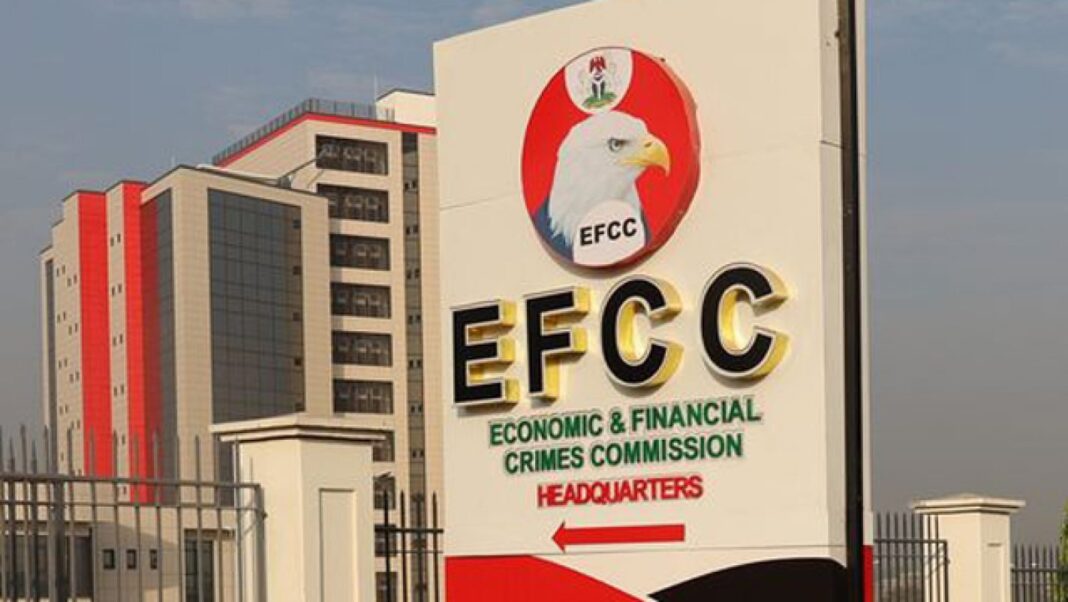The Economic and Financial Crimes Commission (EFCC) has arraigned nine Chinese nationals before a Federal High Court in Lagos over alleged involvement in cybercrime, fraudulent schemes, and security breaches.
The defendants, alongside their company, Genting International Company Limited, were brought before Justice Chukwujekwu Aneke, where they faced multiple charges related to cyber-related offenses and economic sabotage.
The individuals charged include Su Dong Fu, Zheng Xian Tao, Wang Shi Long, Pan Cai Qi, Ting Liao, Fan Jia, Feng Li Cai, Lu Yong Yao, and Yang Chen Cheng.
During the court proceedings, all defendants pleaded not guilty to the charges against them. Following their plea, Justice Aneke ordered their remand at Ikoyi Prison pending trial.
The court scheduled the trial to commence on two separate dates: February 21, 2025, for Su Dong Fu, Zheng Xian Tao, Wang Shi Long, Pan Cai Qi, and Ting Liao, while Fan Jia, Feng Li Cai, Lu Yong Yao, and Yang Chen Cheng are set to appear for trial on March 14, 2025.
Among the charges filed by the EFCC, the prosecution alleged that Fan Jia, also known as Bu Fan, along with Genting International Co. Limited, gained unauthorized access to computer systems in December 2024, with the intent to destabilize Nigeria’s economic and social structures.
The act was said to be in violation of Section 18 of the Cybercrimes (Prohibition, Prevention, Etc.) Act, 2015 (as amended in 2024) and Section 2(3) of the Terrorism (Prevention and Prohibition) Act, 2022.
Additionally, the EFCC accused Fan Jia and the company of providing false information to investigators during questioning.
They allegedly misrepresented personal details to mislead law enforcement officers while being investigated for their suspected involvement in fraudulent activities, including romance scams, cryptocurrency fraud, and cyber-related offenses. The act was said to be in violation of Section 39(2) of the EFCC (Establishment) Act, 2004.
The case will proceed as scheduled, with further court sessions set to determine the defendants’ fate.
